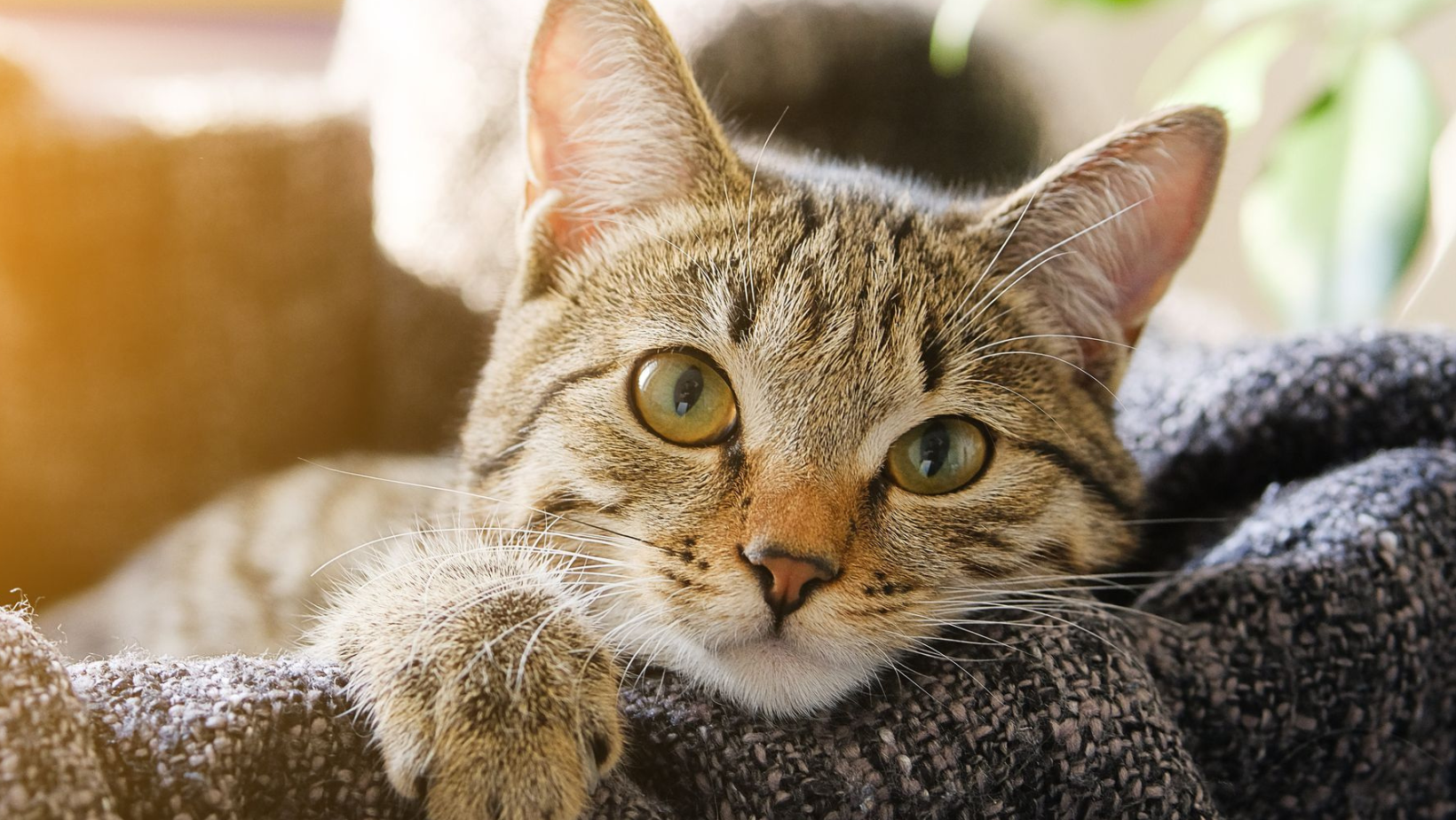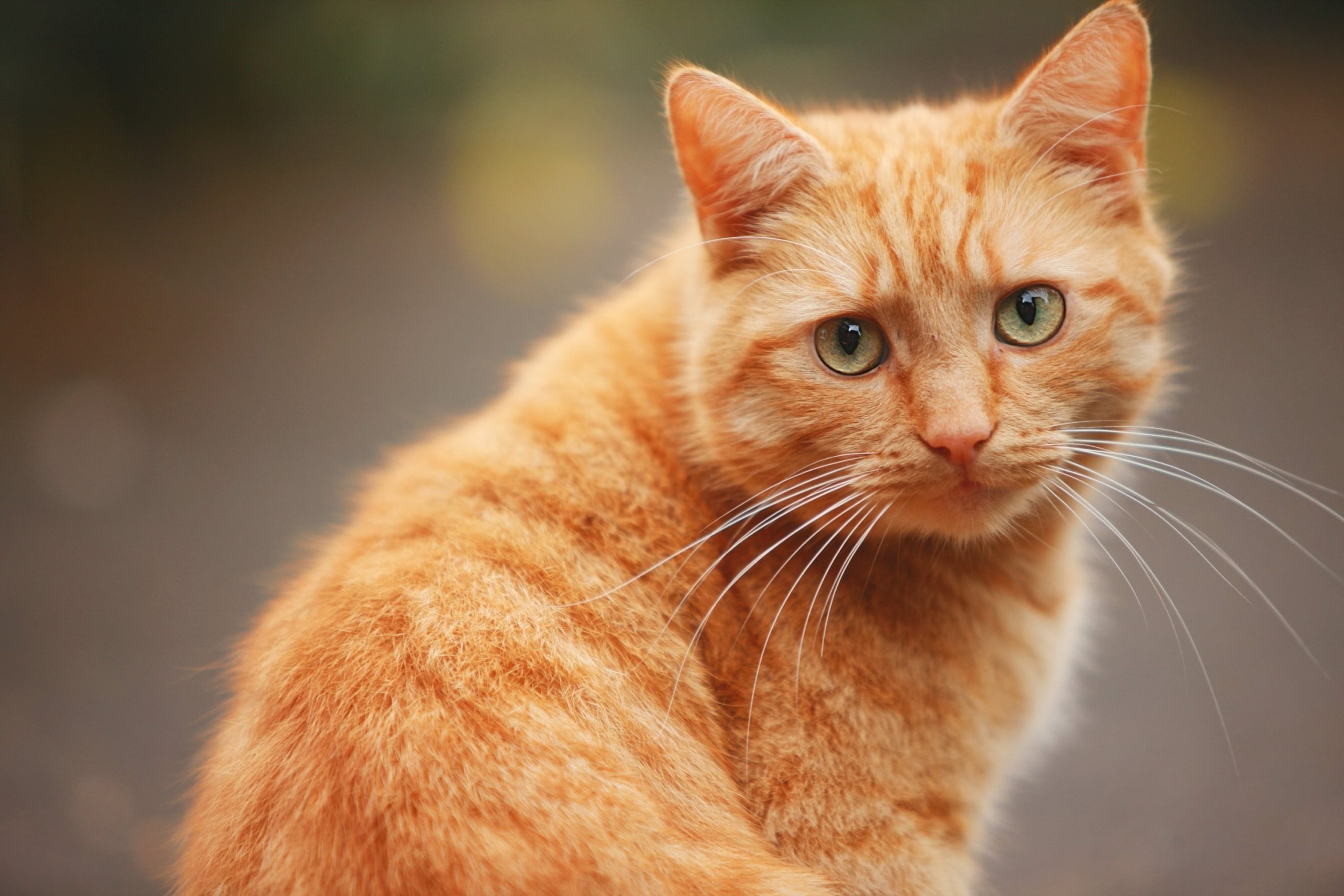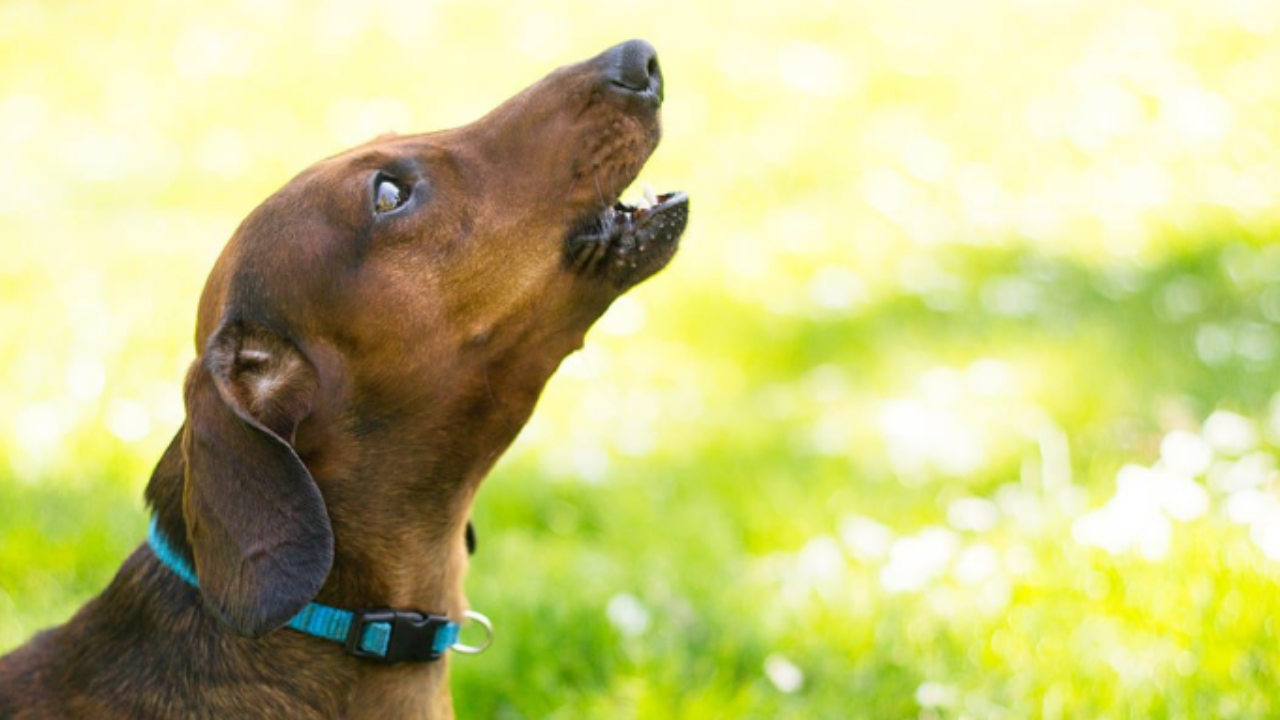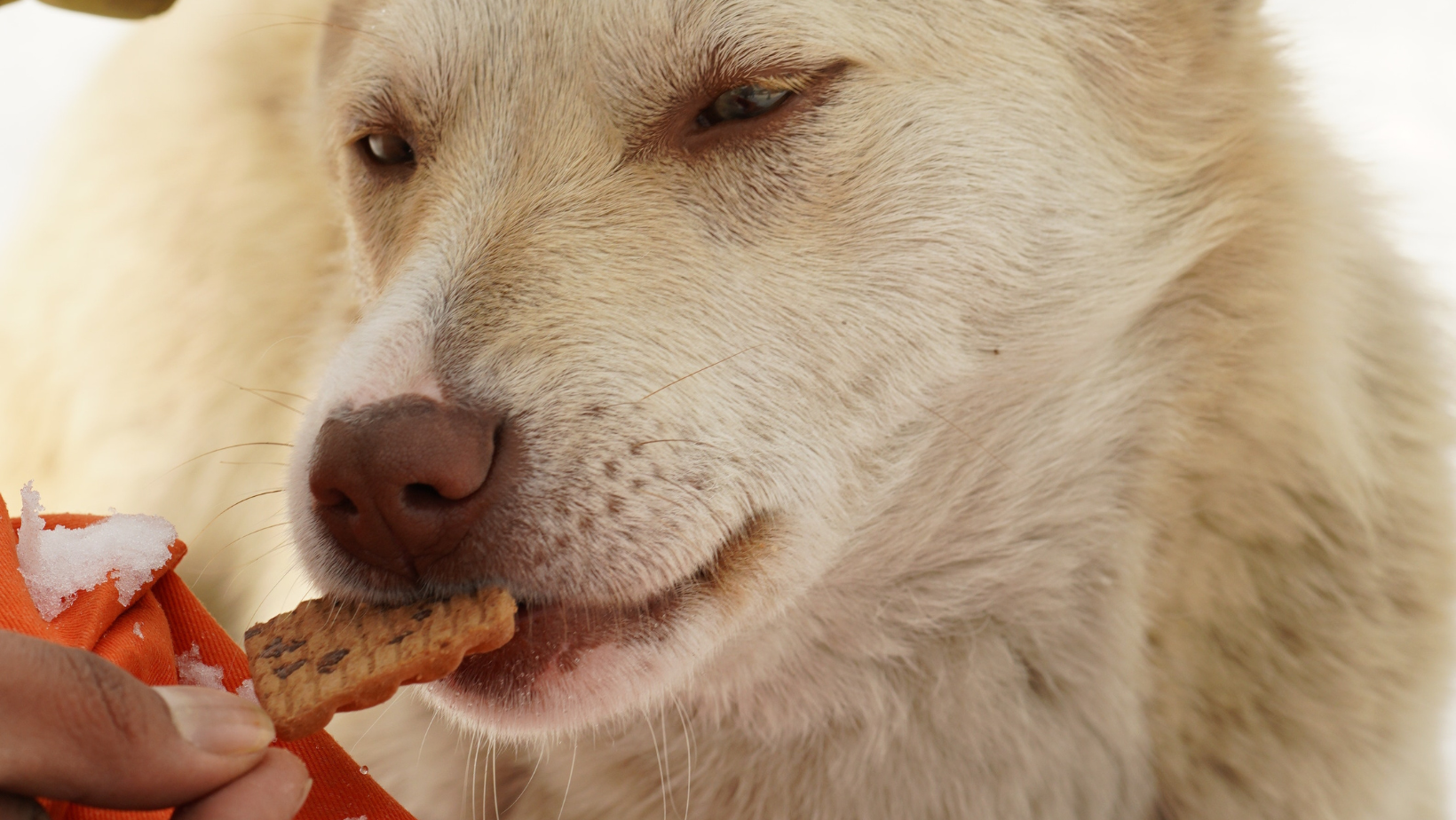Kidney Problems in Cats

The kidneys of your cat provide several vital functions. They produce hormones, encourage the bone marrow to produce more red blood cells, regulate blood pressure, eliminate waste from the blood, and more. As cats age, their kidneys may start to fail. Kidney illness can cause a number of health issues if left untreated. There is no cure for chronic conditions. However, with early detection and proper care, you may contribute to improving both the quality and duration of your pet’s life. Not just senior cats are at risk. Kidney problems in cats can be present at birth in kittens. Other factors include illness, poisons, and trauma.
Types of Kidney Problems In Cats
In cats, there are 2 different forms of renal failure. Each has unique causes, prognoses, and therapies.
- Over the course of a few days or weeks, acute renal failure appears suddenly. It occurs in cats of all ages and is often caused by:
- The most frequent cause of acute renal failure is poisons. The kidneys of your cat are seriously poisoned by antifreeze, toxic plants like lilies, pesticides, cleaning products, and several human drugs. It only takes one ibuprofen tablet for their kidneys to stop working. Make sure your cat can’t get any of these items by searching your home and garage for them.
- Specifically, injuries involving a shattered pelvis or a ruptured bladder
- A large drop in fluid intake can result from shock from losing a lot of blood fast or from rapid dehydration; other factors that might contribute include overheating in hot conditions, a considerable increase in activity, vomiting, and diarrhoea.
- infection in the kidneys
- Blockages that alter the blood flow into the kidney and the flow of urine out of it (such as a blocked urethra in a male cat)
- Low blood pressure from heart failure lowers renal blood flow.
- Acute renal failure may frequently be reversed if detected in time. However, chronic renal issues might be more difficult to cure. They often appear in elderly and middle-aged cats and take months or even years to develop. Keep a close eye on your cat’s health if it is 7 years or older.
Even to veterinarians, the precise causes of chronic kidney disease are not usually known, although they include:
- Kidney infections and blockages can wear down kidney function over months or years, even though they may not cause acute renal failure.
- Various other illnesses, such as cancer, thyroid issues, extensive dental disease, and high blood pressure
Signs of kidney problems in cats
- regular urination Although you may believe this indicates your cat’s kidneys are in good health, the fact is that they are no longer able to store water. Another clue is when they urinate outside of their litter box.
- A cat who drinks a lot of water is attempting to replenish the fluids lost through urination.
- bladder and kidney infections caused by bacteria; they are more likely to occur in the watery urine that failing kidneys generate.
- Loss of weight and reduced appetite
- diarrhoea, red or murky urine, and vomiting
- mouth sores, particularly those on the tongue and gums
- bad breath that smells like ammonia
- a tongue with a tan hue.
- a clean coat
- Constipation
- Weakness and disregard
Diagnosis and Treatment
Blood and urine tests will be performed by your vet. A biopsy (a tissue sample) or ultrasound (which produces a picture of your cat’s internal organs) may also be required to make a diagnosis. Treatment options for kidney illness include surgery to remove obstructions, IV fluids, a particular diet, and medicines. You might also be able to provide fluids to your cat at home. Discuss your choices with your veterinarian.
A renal diet is high in vitamin D and omega-3 fatty acids but low in protein and phosphorus. Keep in mind that it’s crucial to introduce new meals to your cat gradually. Your veterinarian can provide you tips on how to make this transition simple.
with a well monitored diet. You can give your cat the best life possible by providing them with lots of access to clean, fresh water, a calm environment, and routine checkups.





